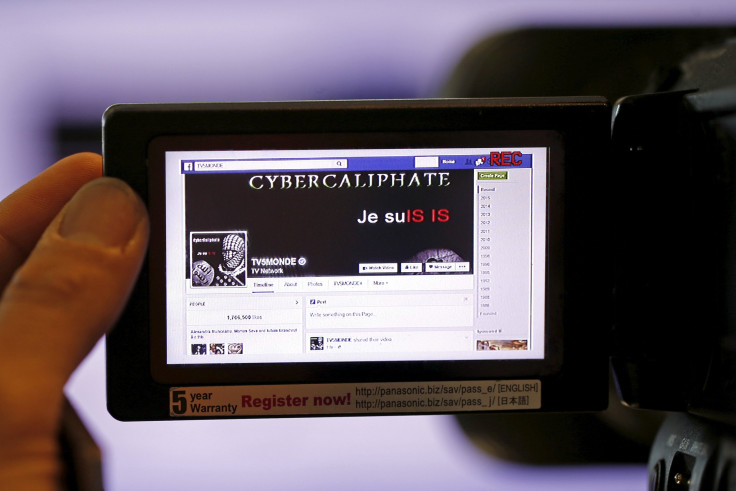ISIS, Al Qaeda Exploit Social Media To Spread ‘Distorted Ideology,’ Internet Companies Must Respond: UN

A United Nations panel has urged Internet and social media companies to crack down on the exploitation of their services by extremist organizations such as al Qaeda and the Islamic State group, who use the web extensively to spread their propaganda and recruit fighters. The panel also warned that further exploitation of the Internet could lead to a greater threat from extremists.
The U.N. panel of experts, who advise the Security Council, said in a report Wednesday that Internet companies should brief the council’s committee monitoring sanctions against ISIS, al Qaeda and its affiliates, on measures the companies are taking to tackle the exploitation of their services by the extremist groups, the Associated Press (AP) reported.
“A worrisome trend over the past year has been the growth of high-definition digital terror: the use of propaganda, primarily by (the Islamic State group) and its sympathizers, to spread fear and promote their distorted ideology,” the panel said in its report to the Security Council.
The report, which focuses on global threats posed by ISIS, al Qaeda and other terrorist groups, said that the number of people killed by these extremist organizations has increased significantly, according to AP. The report also noted that such groups have carried out several bombings and assassinations, and exploited millions in Iraq, Syria, Afghanistan, Libya, Nigeria, Somalia and Yemen.
The report also mentioned the Indonesia-based extremist group Jemaah Islamiyah, which reportedly recruits engineers and information specialists, posing “a significant long-term threat” to Southeast Asia.
On Sunday, European police agency Europol announced plans of creating a regional police unit to block all ISIS-linked web accounts and hunt down extremists behind the practice. The new Europol web unit, which will begin work from July 1, will seek to track key figures associated with the estimated 100,000 tweets a day posted through 45,000 to 50,000 accounts linked to ISIS.
A recent study by the Brookings Institution, a Washington-based think tank, found that at least 46,000 Twitter accounts were used by ISIS supporters from September 2014 through December 2014. The study also found that pro-ISIS accounts had an average of about 1,000 followers each, noticeably higher than those of an ordinary Twitter user.
© Copyright IBTimes 2025. All rights reserved.






















